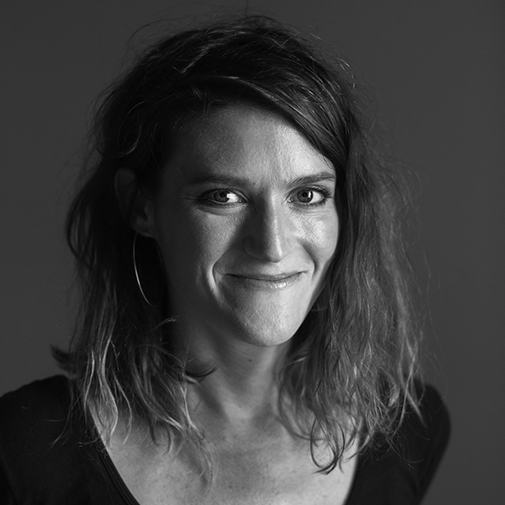
“Think about every simplification you make. Every sentence or piece of background info you don’t use, every line you write, what is it implying? How is it cheapening or disfiguring or disrespecting someone’s reality? Uh. It’s so hard.”
Martha Stewart’s Beet Pasta:
Turns the spaghetti magenta
Includes ricotta
Makes Lulu Miller very happy
I first met Lulu Miller in the autumn of 2008, as the economy crashed, on one of the top floors of the governmental building in downtown New York City where people go to get married. At the time, WNYC had its offices there—some kind of cheap-rent deal with the city—and it meant that every morning on my way to intern at RadioLab I passed by a long line of brides and grooms, joyfully waiting in outfits both serious and silly.
When I arrived, I was greeted daily by Lulu, with her signature saucer-size silver hoop earrings, wide smile, and endless enthusiasm for story, character, and life. Over bottles of Beaujolais and clandestine trips to downtown cafes for overpriced lattes, we became friends of the truest sort, endlessly excited about each other’s enthusiasms. At the time, Lulu was an associate producer at RadioLab, where she was helping to shape the signature sound of that show. A few years later, she left RadioLab to ride her bike across the country and attend the MFA program in fiction at the University of Virginia, and eventually went on to co-found Invisibilia, another landmark radio program in the ever-expanding landscape of podcasts that have reoriented the thing we used to call “public radio.”
Sometime after University of Virginia and before Invisibilia, Lulu came to stay with me in Chicago, where she started to talk about writing something—an essay, maybe—about a man named David Starr Jordan, a taxonomist who discovered a full fifth of the fish species known to humans. He was a man obsessed with order who had his world thrown into chaos when the Great San Francisco Earthquake in 1906 rattled hundreds of jars of fish off their shelves, destroying much of his collection and separating over a thousand fish from their names. But Jordan was unphased—he immediately set himself to the task of re-ordering the chaos the earthquake had unleashed. Lulu wanted to understand if Jordan was a fool or a sage; if his desire for order might provide a lesson in how to manage the anarchy of life, or if the better choice is to accept, and enjoy, the mayhem, or if such a need for control could prove dangerous. The project grew to include memoir, reporting,...
You have reached your article limit
Sign up for a digital subscription and continue reading all new issues, plus our entire archives, for just $1.50/month.
Already a subscriber? Sign in




